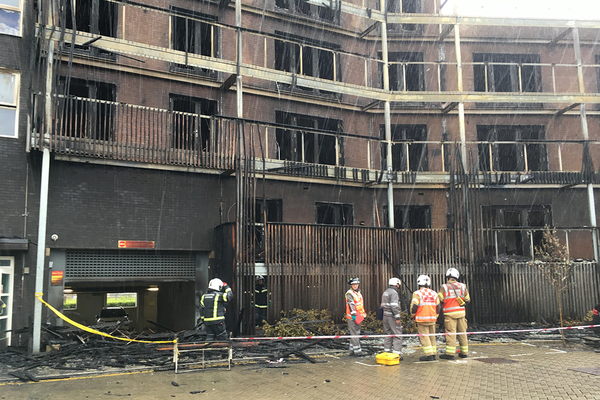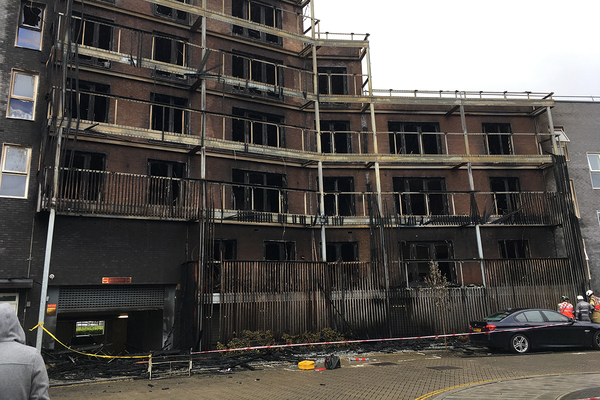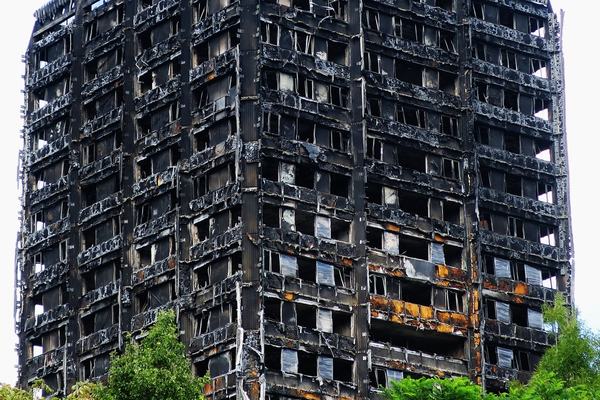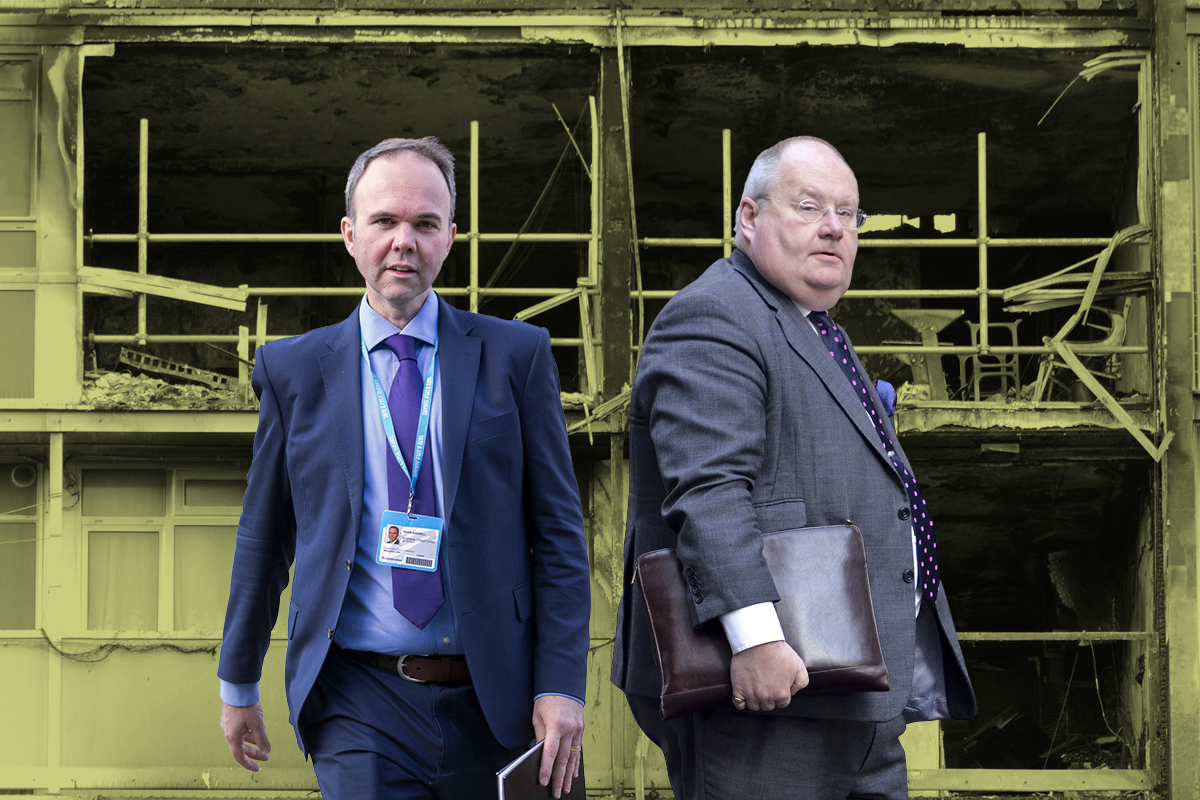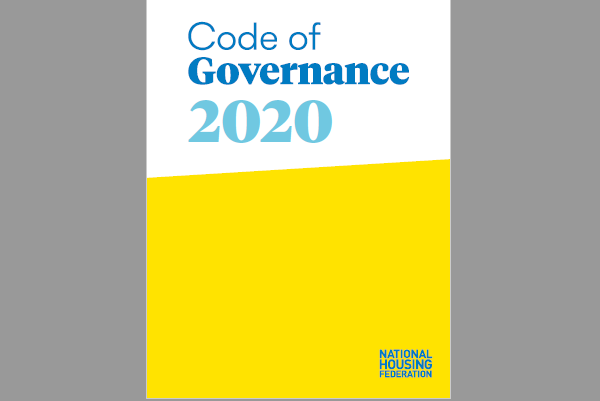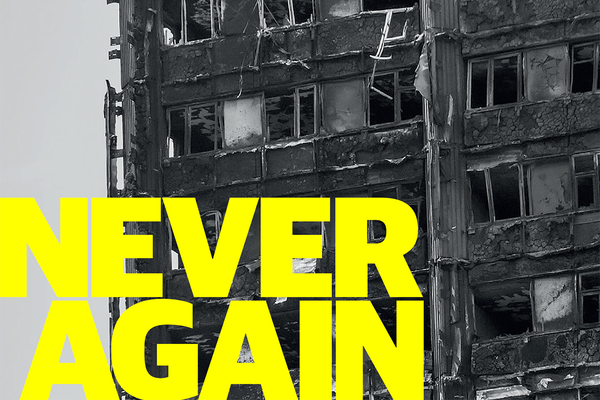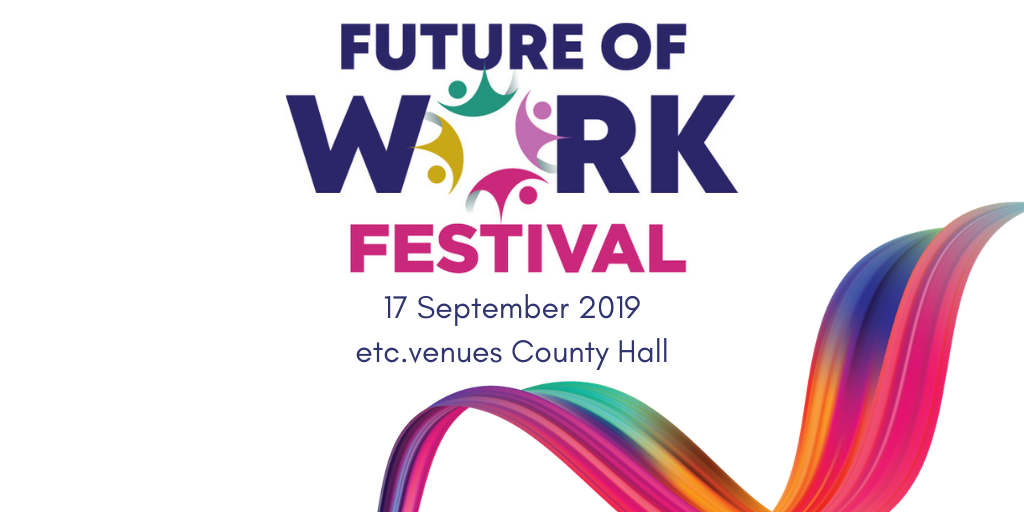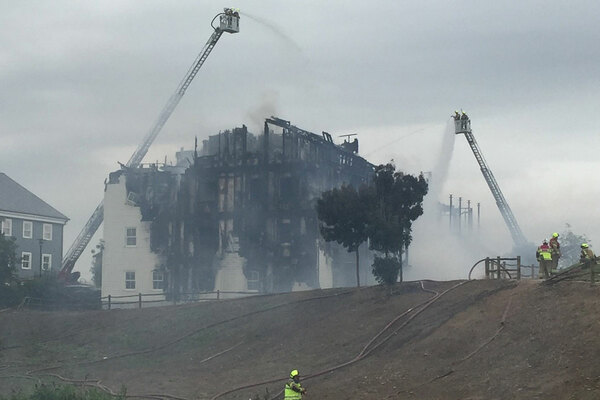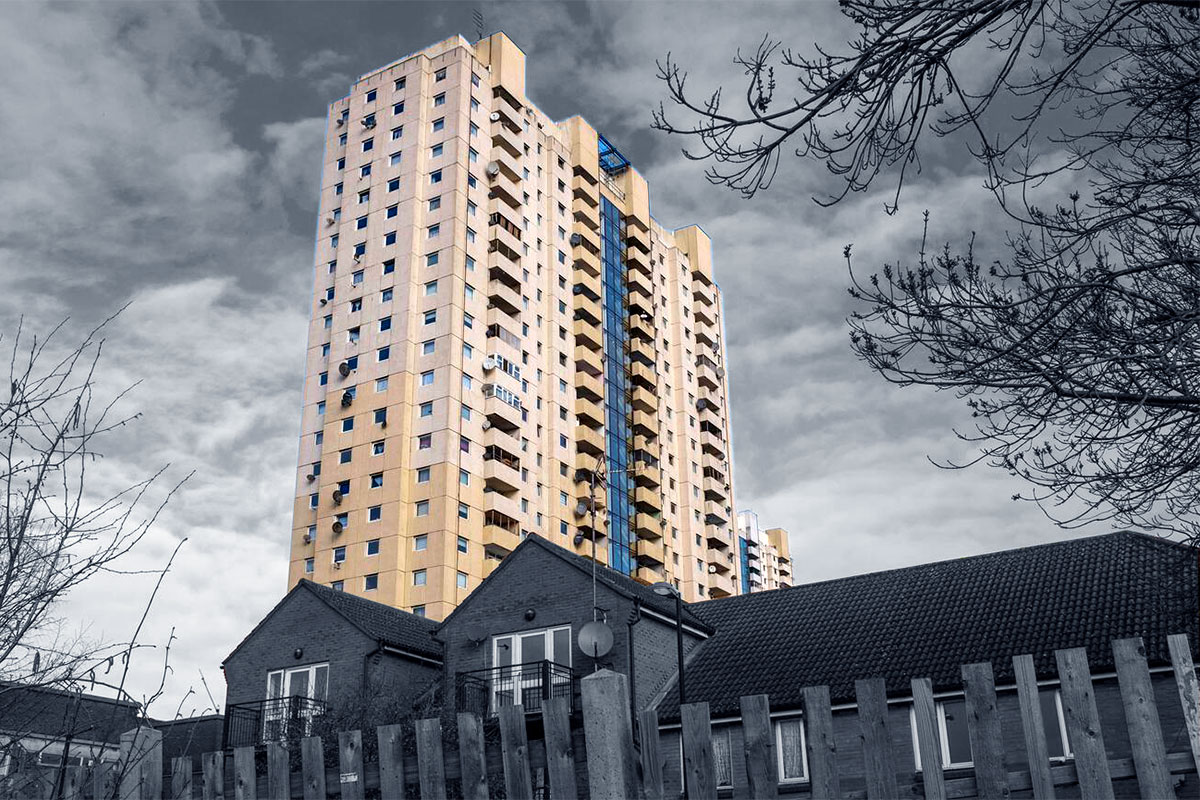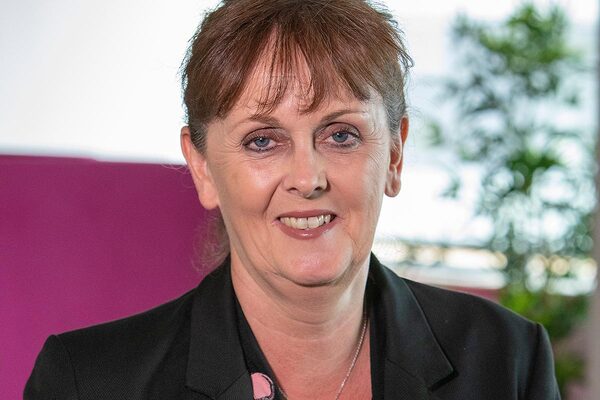You are viewing 1 of your 1 free articles
Fire safety is a governance issue and boards must get it right – even if the government doesn’t
A tragic episode from his time as chief executive of a housing association hammered home the need to go further on safety than the rules demand. In the current debate about fire safety, boards must recognise their duty to do the same, writes Tom Murtha
Peter Apps’ excellent report in Inside Housing reminds us once again of the responsibility we have as housing executives and non-executives.
I read it, as I am sure many of you did, wondering what I would have done in similar circumstances.
The report shows that politicians and others have failed. But for me, it raises the question: has housing association governance failed, too?
We should not have to wait for regulations or legislation to enforce high health and safety standards for all those with whom we work and for whom we have a duty of care.
Health and safety is a governance issue. It should be at the top of our risk registers and regularly monitored by boards. My own experience tells me that boards need to keep this responsibility at the top of their agendas and take action, even if legislation or regulations don’t require them to.
One of my darkest days as a chief executive was when I learned that a man had died from scalding in one of our supported housing schemes; that followed an incident in which a resident had been scalded in similar circumstances.
The coroner identified, quite rightly, that we were responsible for the death and we were heavily fined at a subsequent court hearing for breaches of health and safety legislation.
We pleaded guilty and accepted the coroner’s and the court’s findings. We apologised to the families involved.
But I will always know that this would never make up for their loss.
In response to these incidents and before the hearings, our board decided that we should install anti-scald thermostatic mixing valves (TMVs) in all our supported housing schemes, even though at the time we had no legal responsibility to do so.
“Even where we were already meeting minimum health and safety requirements, they pushed to do more. We were not perfect and we failed in many ways, but it was the right thing to do”
This cost a considerable amount of money, which was not in our original budgets. But we found the funding and did it.
The board took responsibility for monitoring this work and for other health and safety projects. They ensured that all our health and safety policies, procedures and practices were reviewed and updated.
The issue became a priority in our risk register, and the audit and risk committee and the board both monitored it regularly. It became a regular component of my performance targets and review as chief executive. The chair and the board held me to account for its delivery.
Quite simply, the board decided that the safety of the tenants, residents and those with whom we worked was paramount.
Even where we were already meeting minimum health and safety requirements, they pushed to do more. We were not perfect and we failed in many ways, but it was the right thing to do.
We eventually received the top health and safety certification standard in the country from the Royal Society for the Prevention of Accidents. We knew that we could never do enough to make up for the death of Anthony Ironmonger, but at least we could try to ensure that nothing like it could happen again.
“They should not wait for the government or the regulator to tell them what to do. They should be constantly asking ‘what is the situation in this association and what more should we do to ensure safety, in spite of the lack of legislation and regulation not because of it?’”
I cannot comment directly on the horrific fires and the tragic deaths of so many people – others better qualified have done so.
But I think these issues should be part of a much wider debate on health and safety issues in the housing sector. Boards should recognise that it is a primary governance responsibility and take ownership of it.
They should not wait for the government or the regulator to tell them what to do. They should be constantly asking “what is the situation in this association and what more should we do to ensure safety, in spite of the lack of legislation and regulation not because of it?”
We owe it to those who suffer the consequences of our failure to do so.
Tom Murtha, chair, North Wales Housing Association and former chief executive, Midland Heart
Never Again campaign
Inside Housing has launched a campaign to improve fire safety following the Grenfell Tower fire
Never Again: campaign asks
Inside Housing is calling for immediate action to implement the learning from the Lakanal House fire, and a commitment to act – without delay – on learning from the Grenfell Tower tragedy as it becomes available.
LANDLORDS
- Take immediate action to check cladding and external panels on tower blocks and take prompt, appropriate action to remedy any problems
- Update risk assessments using an appropriate, qualified expert.
- Commit to renewing assessments annually and after major repair or cladding work is carried out
- Review and update evacuation policies and ‘stay put’ advice in light of risk assessments, and communicate clearly to residents
GOVERNMENT
- Provide urgent advice on the installation and upkeep of external insulation
- Update and clarify building regulations immediately – with a commitment to update if additional learning emerges at a later date from the Grenfell inquiry
- Fund the retrofitting of sprinkler systems in all tower blocks across the UK (except where there are specific structural reasons not to do so)
We will submit evidence from our research to the Grenfell public inquiry.
The inquiry should look at why opportunities to implement learning that could have prevented the fire were missed, in order to ensure similar opportunities are acted on in the future.
Future of Work Festival
New for 2019, Inside Housing’s Future of Work Festival will bring together HR and organisational development professionals from the housing sector to discuss and explore the challenges of how to successfully evolve towards the working environment of the future.
Seize this opportunity to rethink your workforces and workplaces by reconsidering the roles of individuals, organisations, automation technology and how society will approach work.
Assess and benchmark your business strategy with the leaders in the housing sector:
- Defining the Future of Work: what does it look like, what will be the implications, how do you rethink your workforce strategy?
- How to embed Electronic Data Interchange into your workforce, attract the widest pool of talent, be authentic and innovative, keep your workforce happy and productive, and position your brand
- Identifying, assessing and closing the skill gaps: what skills will be required in the future and how do you prepare for the undefined?
- Appealing to and maintaining a multi-generational workforce: how to address differing career aspirations, expectations, behaviours and values
- How best to implement the best tech, for example, big data, artificial intelligence, automation, blockchain and the Internet of Things. How will this change workplace skills and wages? How do you evolve towards a ‘STEMpathetic’ workforce?
- Providing your HR and OD department with the right skills and toolkits to revise talent, organisational structures and business models. Be social and environmentally friendly, and data driven – investing in disruptive tech, skills training and ethical use of tech
- Promoting well-being and employee experience
- Introducing training and learning as part of the career path
- Embracing agile working – understanding how flexible and alternative working arrangements can boost productivity
The festival will take place on 17 September, at Westminster Bridge, County Hall in London.
